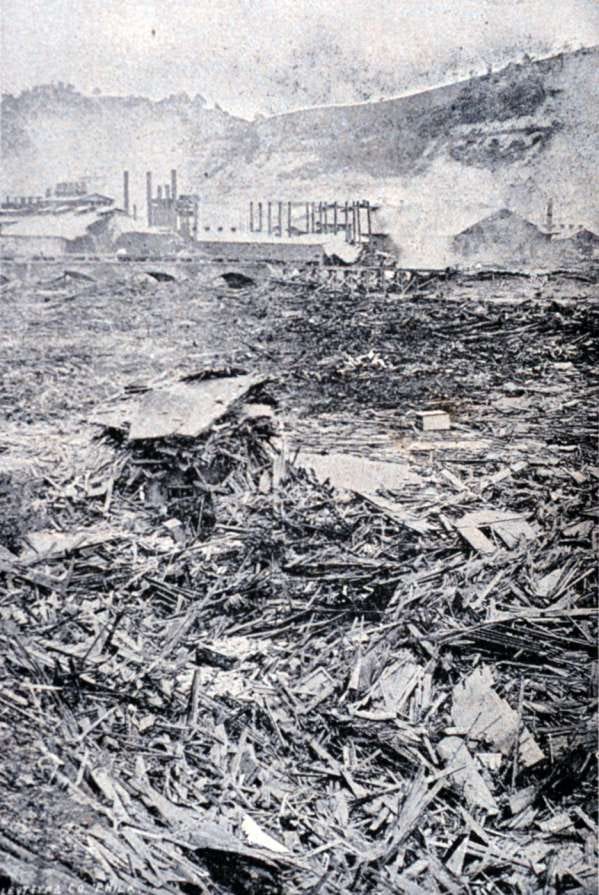FLAREPUNKS [01]
notes from the pre-apocalypse
The first thing we lost was a photo of the old house. Wildflowers erupting from the driveway. Blue handprints across the brick facade. A rice cooker atop an oven atop a bookshelf. Warm lights. The photo itself wasn’t great. JPEGs save space by losing information every time you transfer them, compressing their edges and colors until simply closing your eyes and trying to remember becomes the better option.
We uploaded it to countless platforms and downloaded it again when they died, bleeding data and users and revenue before coming back shittier, slower, and with more Nazis. Eventually, I saved it on a hard drive next to middle-school assignments and photocopied tax forms. I’m not sure if the digital compression or our compound’s humidity got to it first, but I can’t open any of them now.
I tried explaining this to Bon but they wouldn’t risk installing old encoders on the library computer. And Kim’s too busy testing our air for spores. They do these little things like they do everything, out of love, and I’m not sure I love the past enough to ask them to divert time for my corner of it.
My corner of it. Mads would say that fractures the past into something we can own independently of the people who were there with us. That it means something to have kissed on a bench someone later slept on. That a fractured sense of the past makes us more vulnerable to and can fit more easily into some great man’s grand revision. That we lived not as soldiers for sweeping moral forces but in intimate webs of greed, love, and the fear of both.
Today is Tuesday, so Mads is showing people around the compound. I’m taking notes as she pipes rainwater into a farmstack filter. Her skin is deathly pale for 23 and her lungs ache when she laughs. When she catches my eye and chuckles at my struggle to keep up, it's unclear who's hurting more. Bon wants me to preserve her knowledge of this system– each machine’s connections and expiration dates, each sensor’s purpose, and the endless modifications that keep it running.
Mads would draw that diagram herself if her emaciated hands stopped shaking. But even then, the system's pathways change every season. We find new seeds to grow. Kim learns how to disable the proprietary killswitches on ever-more powerful scavenged parts, planning beyond obsolescence. We feed more mouths and cram another module deeper into the wall to make it work.
I don’t yet know how to capture this system’s dynamism, Mads’ dynamism, on paper but I take weekly snapshots regardless and hope someone brighter will connect the dots.
My dad was no stranger to heatwaves, but he didn’t expect them to follow him across the Pacific in just a decade. They roiled the South, then choked out the Northeast. We followed closely behind, unpacking wherever suburbanites rented out their flooded basements for dirt cheap.
The kinder towns and a handful of nonprofits paid well for translation, especially as tent-cities swelled on their periphery. My mom filed asylum claims for migrants until the courts stopped processing them.
I remember her anger when I got my first job out of highschool. AmeriCorps East. In partnership with Ellis Philanthropies! I removed benches and installed flower pots in their place. After the grant switched hands I got concrete blocks to put down instead. The days were long and quiet.
I had no stories to tell over dinner because I worked in an industry of absence. The people who disappeared from each street soon filled the lines my parents struggled to file paperwork for. We worked for a vision of public health that refused to treat unavoidable illness, so we settled for making it invisible instead. It took so little skill, so little time to end a life, even through the cleverness of my cohort’s detached, menial violence. Further upstream, Ellis recycled the tents to make t-shirts.
Once, I missed an alert calling off the day’s work. The site was a park that had burned to crisp. Pending replacement, it became a de facto town square– a space made public by abandonment in a city where any desirable square foot was privately owned.
Its entrance was occupied by a crowd I could hardly see from behind a line of riot shields. I could hear them clearly though– a sizzling grill and clanking pots, Español and Tagalog chatter, reggaeton and megaphone chants. Before I could approach with a water bottle, the park burned a second time.
>[02]

